Is It Time to Replace or Repair Your Elevator?
Your building's elevator is a vital piece of infrastructure that allows residents or employees to easily access different floors. However, elevators require regular maintenance and periodic repairs or upgrades to keep everything running smoothly. As the owner or facilities manager of a building, how do you know when it's time to fix issues with the current elevator versus doing a complete replacement? This guide will walk you through the key factors to consider when making this important decision for your property.
Look at the Age and Usage
One of the first things to look at is the age and usage of your elevator. According to National Elevator Industry, Inc, each elevator carries an average of 20,000 people per year. That's a lot of wear and tear. In our experience, elevators generally have a lifespan of 20 to 25 years before needing major elevator repairs or full replacement. Check when your unit was installed and how many people ride it daily. If you have an outdated elevator from the 1970s or 80s that services hundreds of tenants, it's probably time to upgrade.
Assess the Frequency of Repairs
If your elevator seems to constantly need minor repairs and service calls, that's a red flag that more significant issues are developing. Things like an uneven ride, sticking doors, and strange noises or smells could signal bigger mechanical problems. Each repair is a band-aid, not a long-term fix. At a certain point, putting more money into ongoing elevator repairs and maintenance of an old one is throwing good money after bad. The constant issues degrade the experience for users too.
Evaluate Safety and Compliance
There are updated safety codes and regulations for elevators that older units just can't meet. No one wants to ride an elevator that feels unsafe or unreliable. Check if your elevator meets all current compliance standards. Professional elevator technicians can inspect and advise you if upgrades are needed to bring it up to code. Don't take chances with passenger safety. Non-working elevators also cause accessibility issues if disabled residents can't access certain floors.
Consider Operational Efficiency
Another sign it's time for a new elevator is if yours runs slowly or inefficiently. Newer elevators use less energy and have features like destination dispatching to optimize traffic flow. People get frustrated waiting a long time for older elevators that are slow. This discourages use and impacts building operations. If the elevator is sluggish, it likely needs a complete overhaul or replacement. Upgrading elevators to be faster and smarter improves mobility around your building.
Factor In Aesthetic Appeal
Don't underestimate the impact of elevator aesthetics either. An outdated, unappealing elevator cab reflects poorly on your overall building's image. If the carpeting is dingy or the interior just looks generally worn out, it leaves a bad impression on riders. Installing fresh cab interiors and hall lanterns provides a more modern, polished look. First impressions matter, so upgrading aesthetics can boost your property value and appeal.
Weigh Installation Logistics
Before replacing your elevator, consider the time, costs, and logistics of the installation process. Elevator removal and replacement requires empty elevator shafts, meaning no service for a period of time. This disrupts residents and building operations. Installation may also require updated electrical or structural work, adding time and costs. Factor downtime and potential obstacles into your planning if you decide on a full replacement.
Compare Overall Value
Finally, compare the costs of continuing elevator repairs versus replacement. At some point, constant maintenance becomes more expensive than installing a brand-new elevator. Seek quotes from elevator companies to help estimate total costs. A new unit will also improve speed, safety, and aesthetics - adding further value. While a higher initial investment, a modern elevator has a longer lifespan with lower operating costs over time.
Knowing when to repair or replace your aging elevator is crucial. Carefully weigh the age, frequency of
elevator repairs, safety, efficiency, and appearance of your current unit. Also, factor in value, costs, and logistics of upgrading versus ongoing maintenance. Taking time to make the right decision ensures your elevator best serves tenants with smooth, speedy service for years to come. Contact a qualified elevator company for an expert assessment if you're still unsure what choice is best for your building. Safe, functional, and attractive elevators keep your property desirable, so invest wisely. When you need to maintain, repair, or service your elevator, we are here for you. Call Stark Elevator now to discuss your project with us.

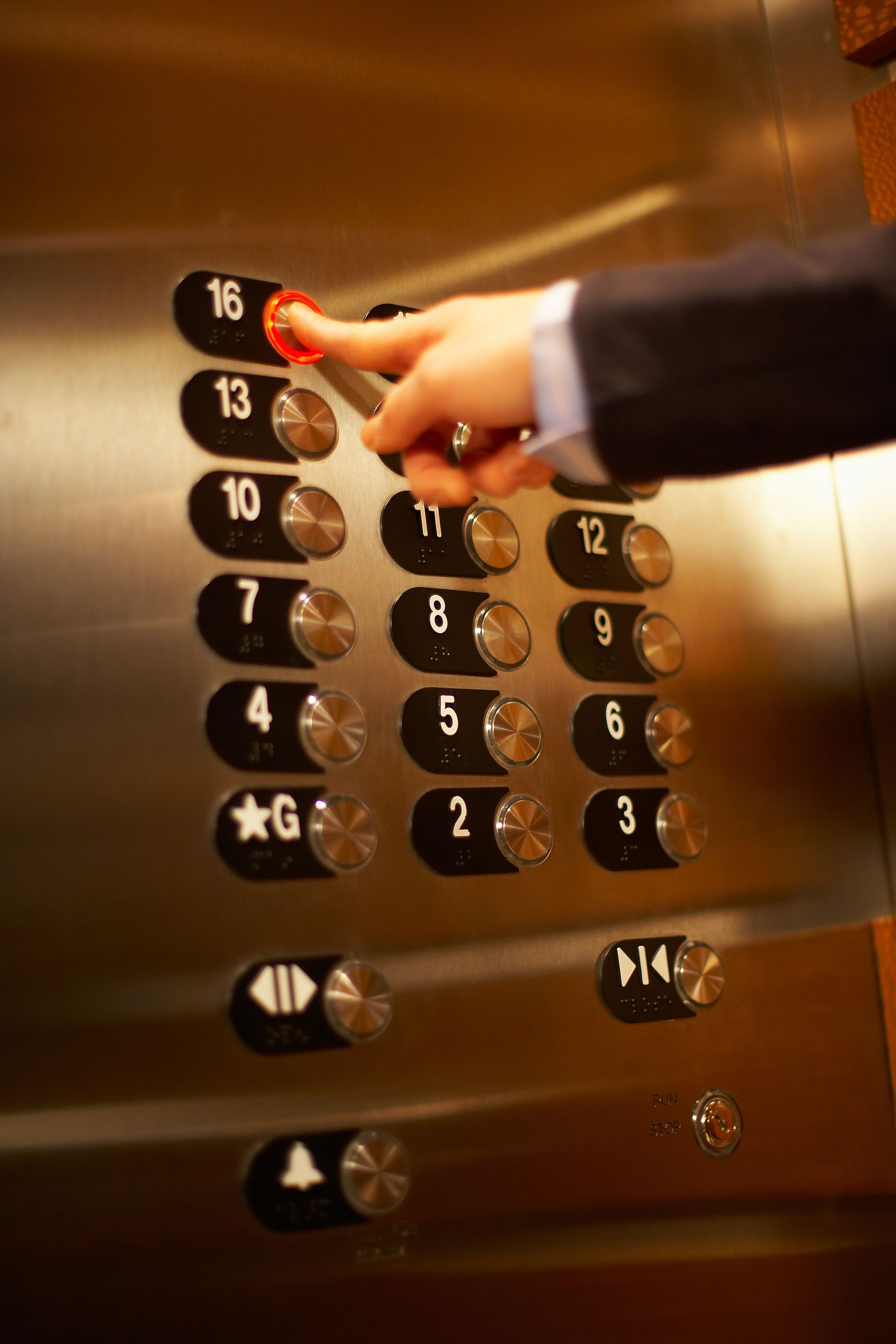
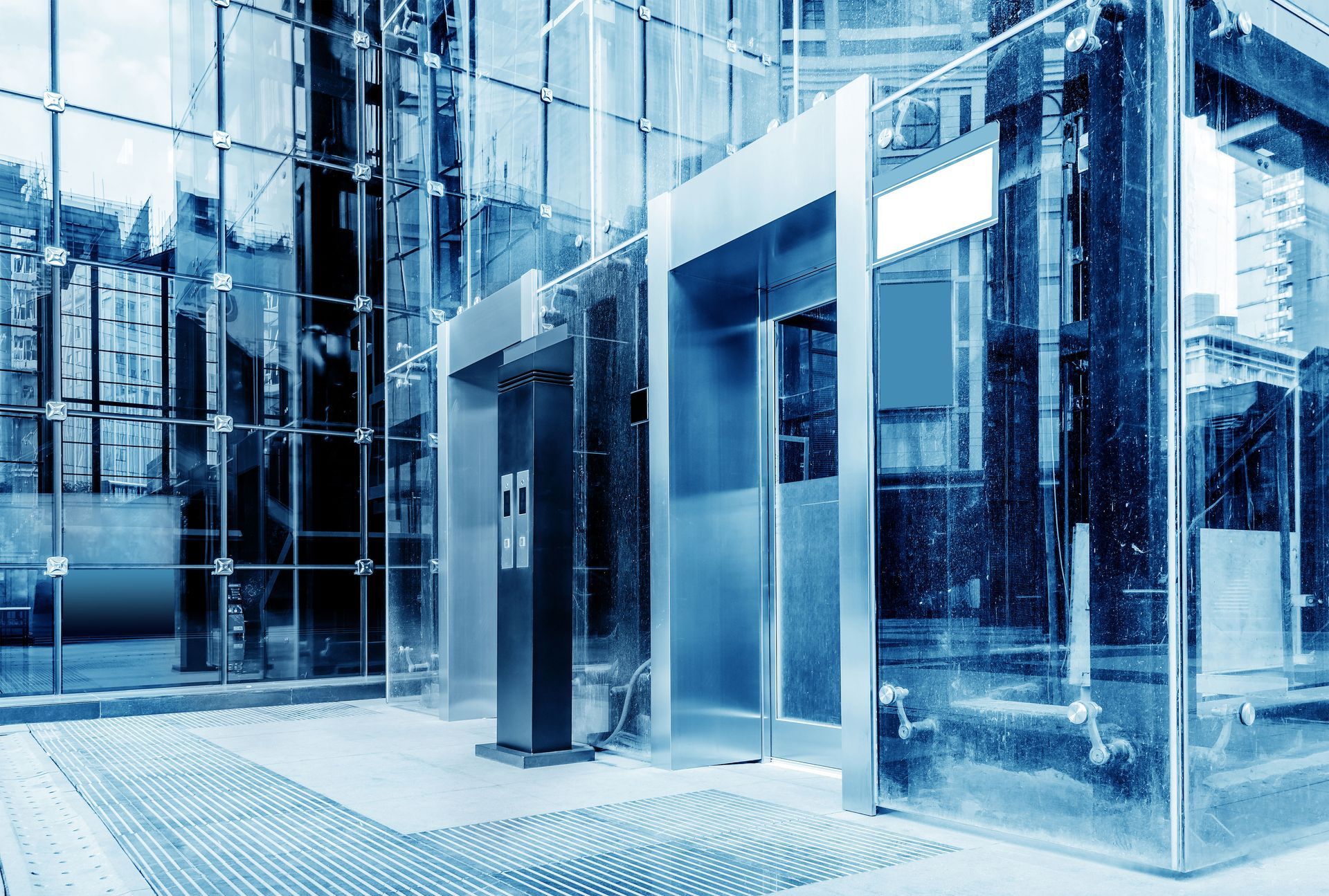
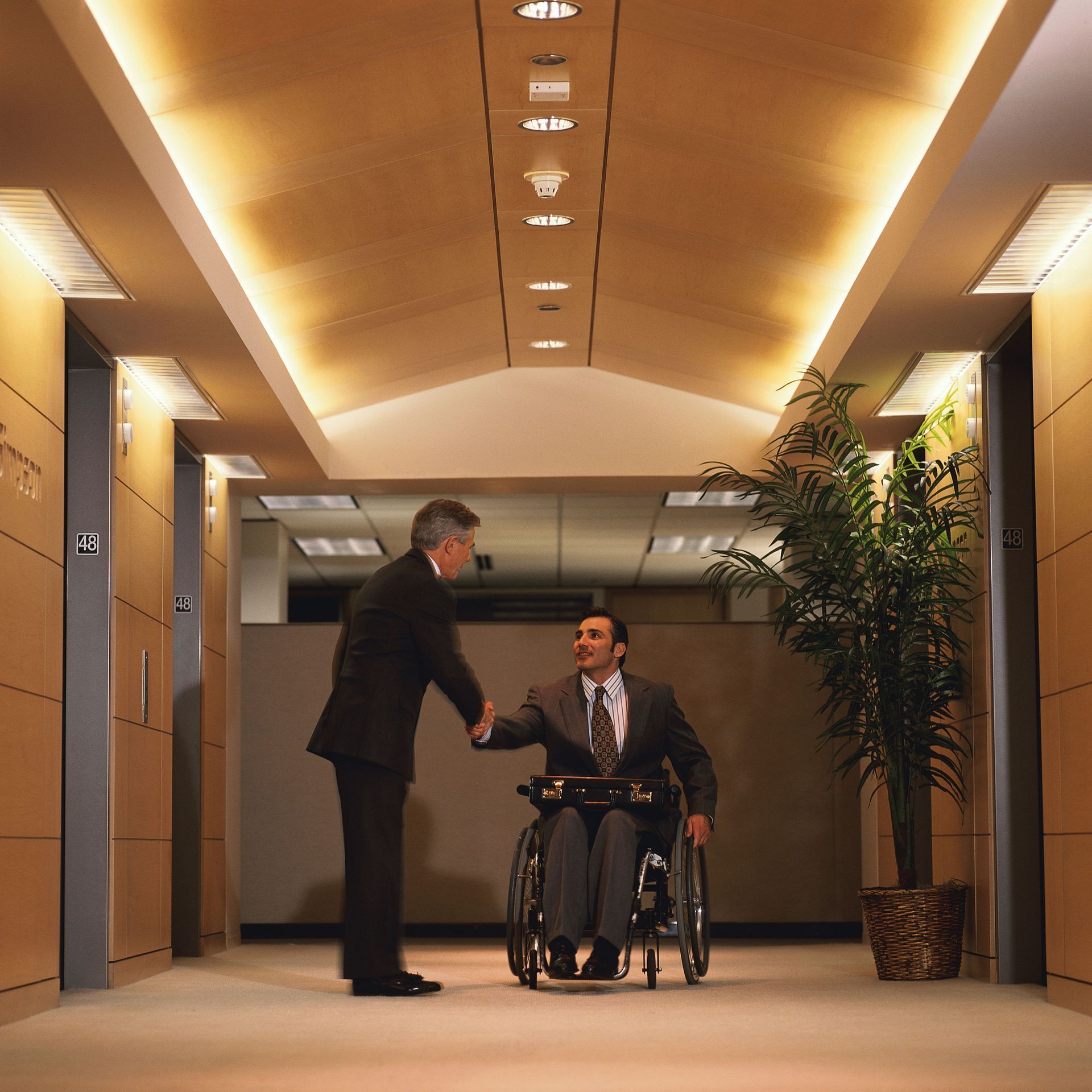

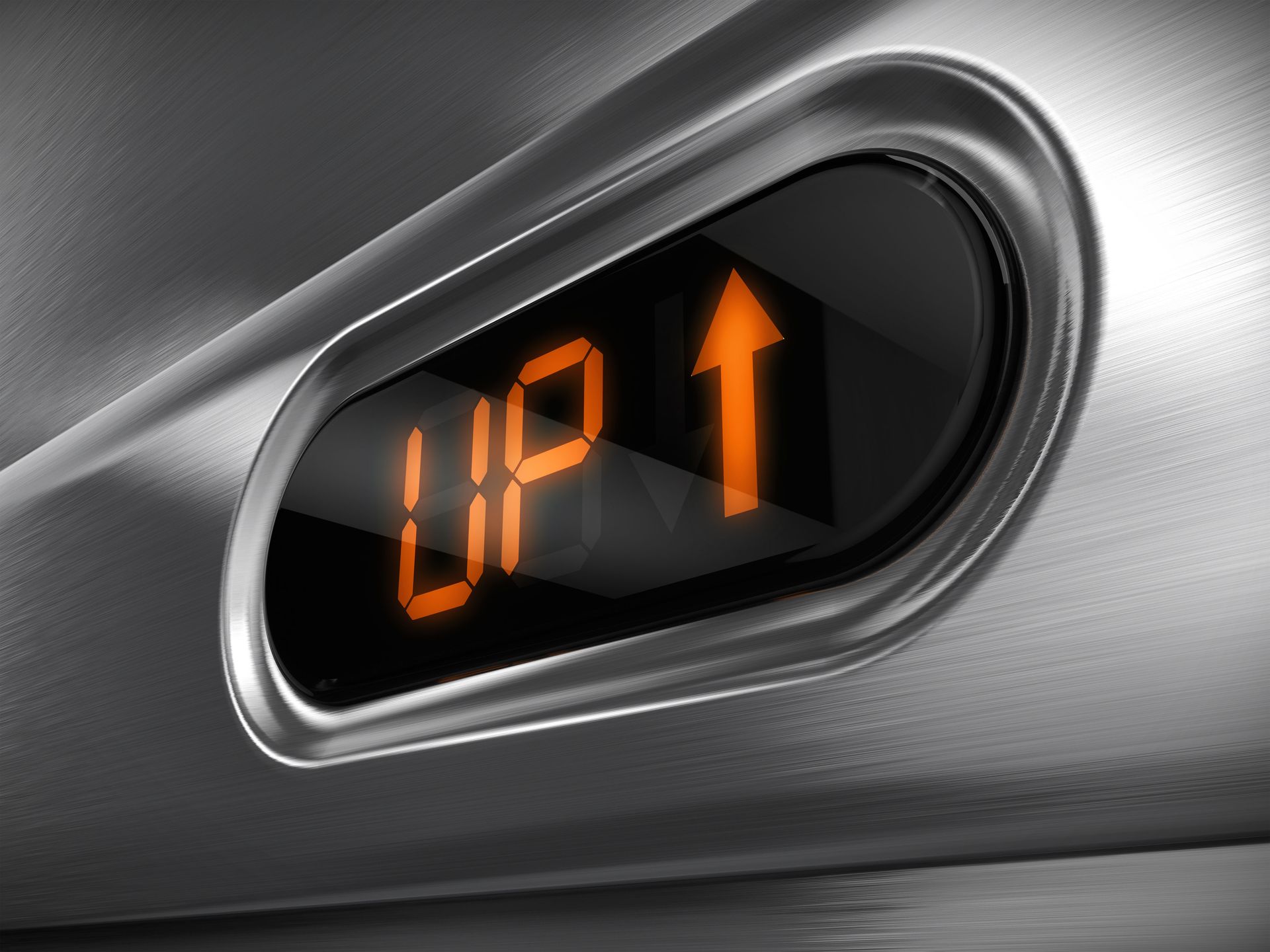
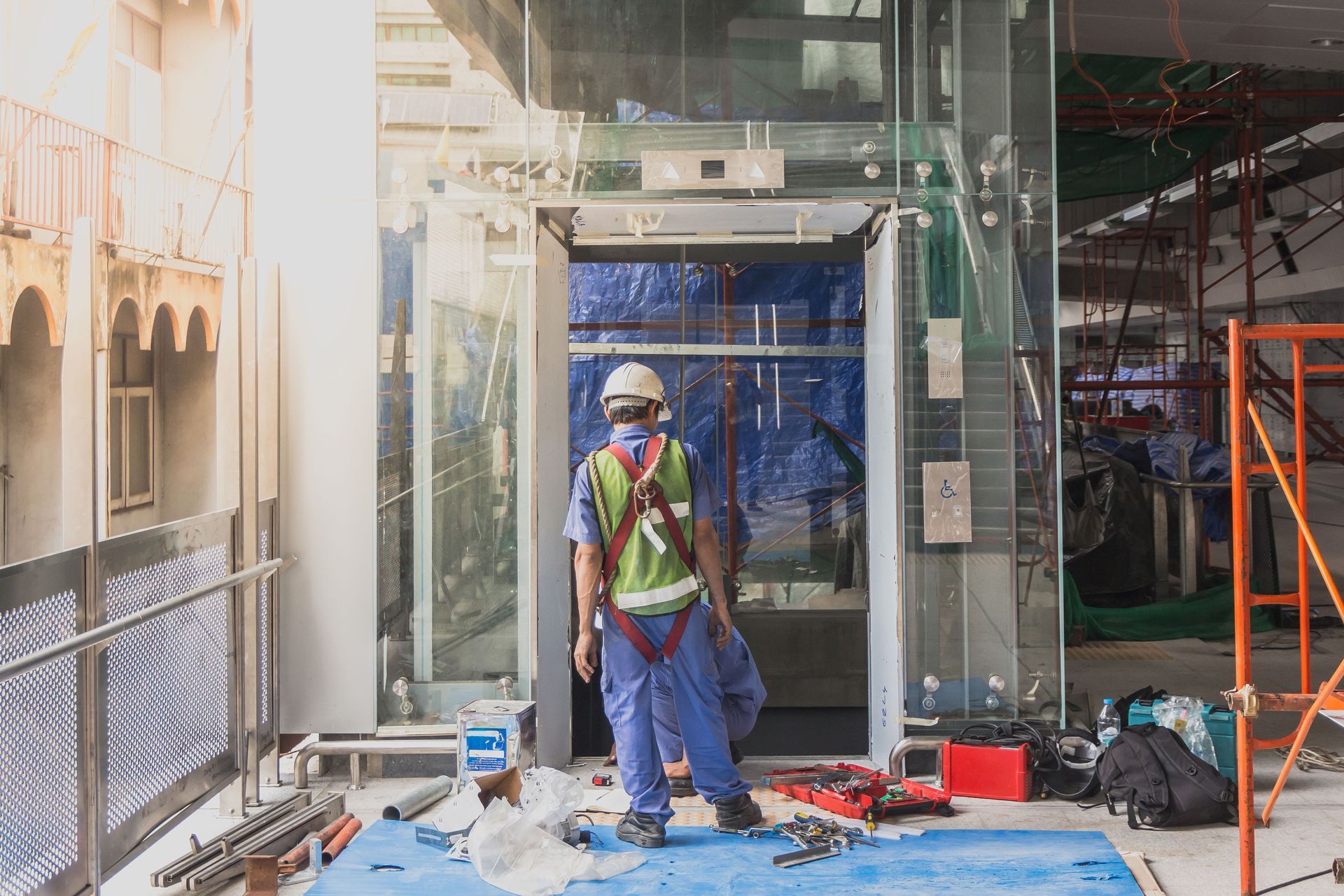
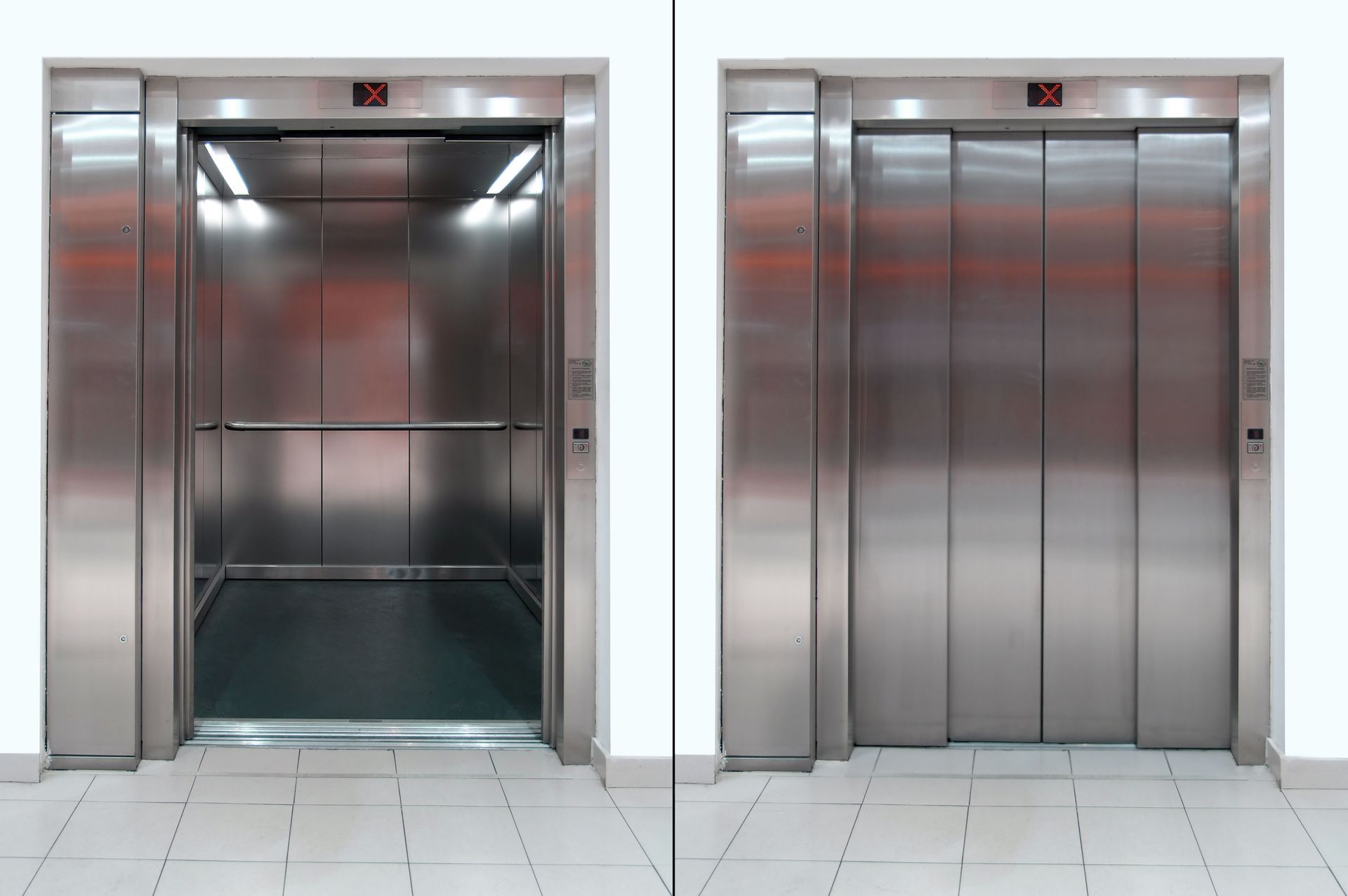
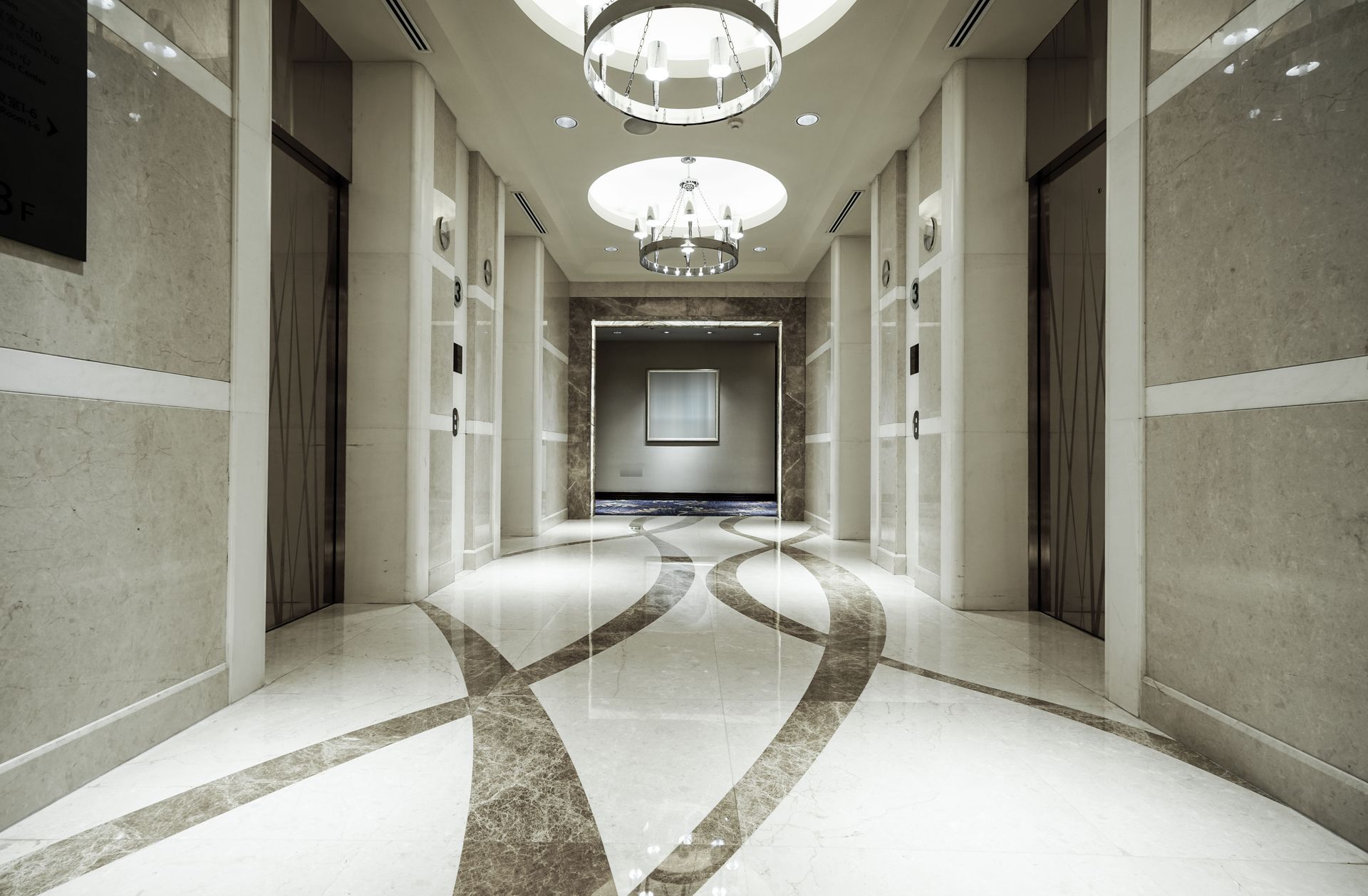
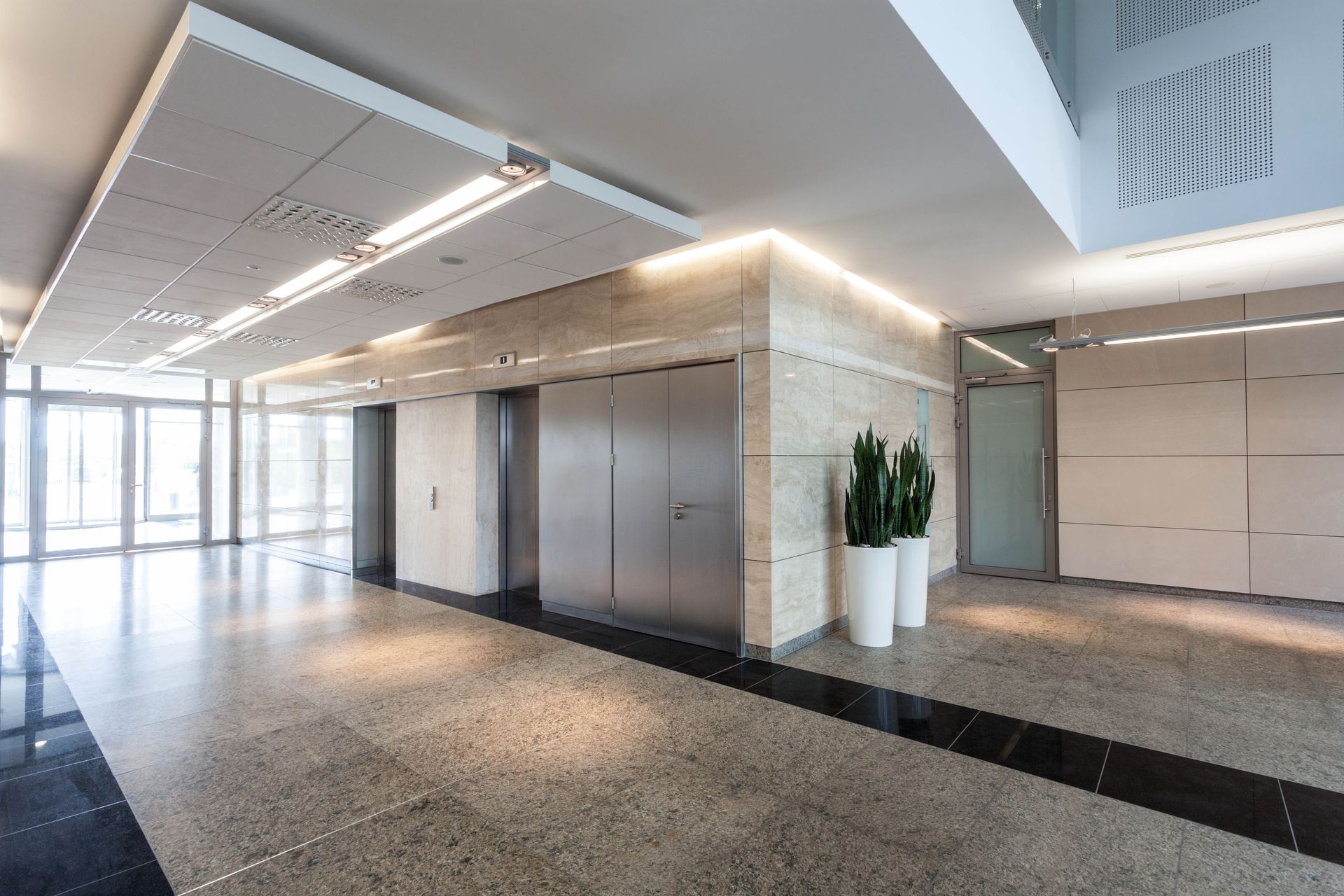
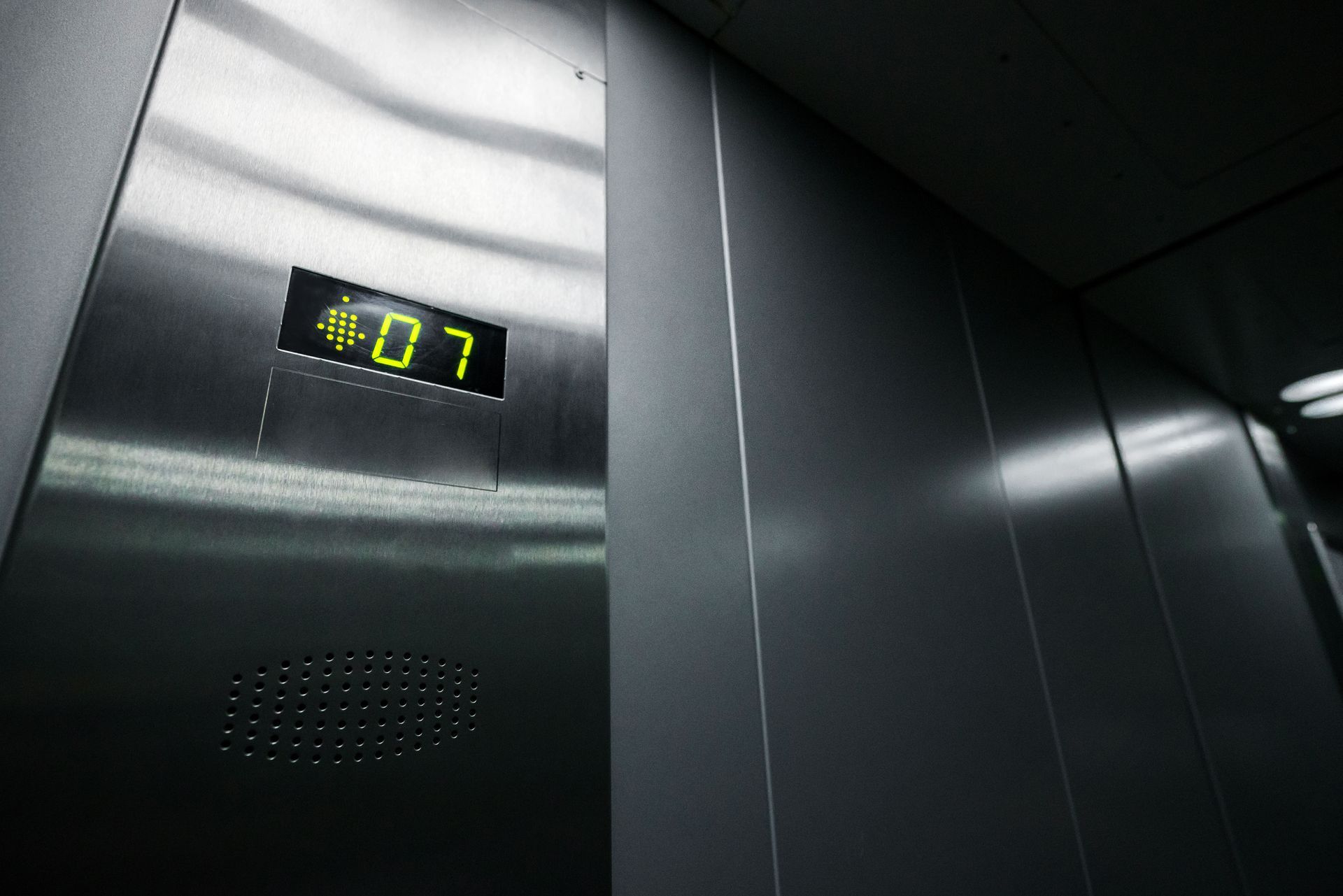
Share On: